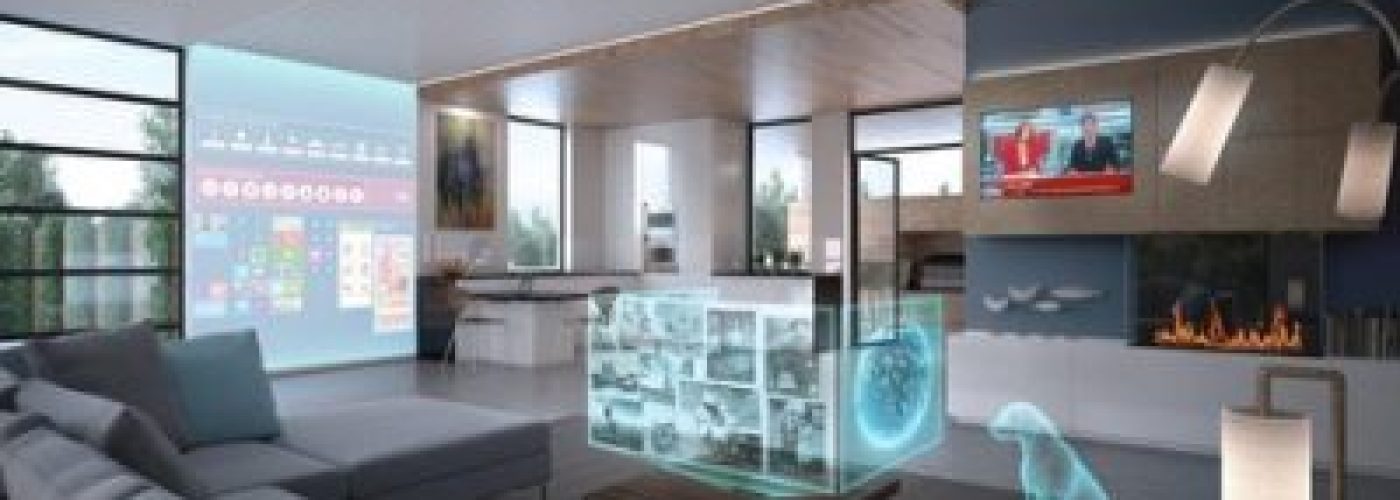As we continue to live longer, our needs become more sophisticated as we reach old age. What this means, is that care homes need to use greater amounts of, and more intelligent, assistive technologies.
This allows us to look forward at quite an early stage. We need care homes and their staff to create a supportable living environment for those who need the appropriate care from them, as patients can require everyday supervision.
Emphasise quality
Research has suggested that by 2040, private and social care homes will highlight quality within their ethos. This is because it has been suggested that this strategy has the potential for people to ‘live healthier and longer lives’, as Jane Ashcroft suggested in the Silver Chic report in the future of care homes.
Care home design will lead with quality as housing will be applied on a turntable – this will allow the residents to be exposed to sunlight for longer periods of time than they currently are. As well as this, connectivity will also be a priority to help combat loneliness. To do this, care villages will use small bridges intersecting various gardens so that residents will closer to both their natural environment and other residents within the community.
Technology is changing how we run our care homes.
As technology is becoming more advanced in a modern society, it is having a great impact on how our care homes continue to run. Technology is continuously helping care home staff maintain quality care for their patients which overall allows the patients to live healthy and happy lives.
Care homes are applying utilise sensors to the rooms within the building, and this is beneficial to everyone who is a part of that community because this can alert staff members if a patient has fallen. Staff members will be able to go and help the patient straight away which will mean they will not be left as long as they might have been if there were no alerting systems. This will help those living with dementia as clusters within buildings can be coloured variously with different lighting so that they are able to recognise their own living quarters. These types of technologies then, are specifically designed to ensure patient comfort, and help to guarantee their safety while living in care.
Care with greater independence
Independence can feel lost once someone has moved into the care system, technologies in the future will help enable those who have varied care requirements live life in a more self-sufficient way.
Certain pieces of technology are able to monitor steps and the distance covered, as well as a patient’s heart rate. In the future, they will help to monitor fluid retention and respiratory rates, helping to lower hospital admissions and allowing patients to understand their own symptoms more effectively before they require medical assistance.
Although due to lack of government funding for care homes in the UK, Royal Blind who specialise in care homes for the blind and care homes in Paisley can assess how care homes will be run in years to come, but they will also have the ability to evaluate the technologies that will change the way people are cared for.
Robotics
Calming down dementia suffers who unfortunately must deal with a great amount of stress can be helped. By using robotic pets that can respond to human touch and respond in intelligent way.
In the future, robots can help with general tasks such as getting patients in and out of bed. Whilst wearable robotic suits will be used to help sufferers from arthritis walk and stand, and they will also help those with severe mobility problems move around more efficiently.
There will also be robotically controlled curtains with a voice commanding system that will help control the room lights. Other devices will be used to help those who are blind and have visual impairments.
The future of care homes is looking more hopeful. The technologies that are already being utilised, and the systems that are being proposed, will help patients lead more independent and comfortable lives, so that they can live a happier and healthier life for longer.





